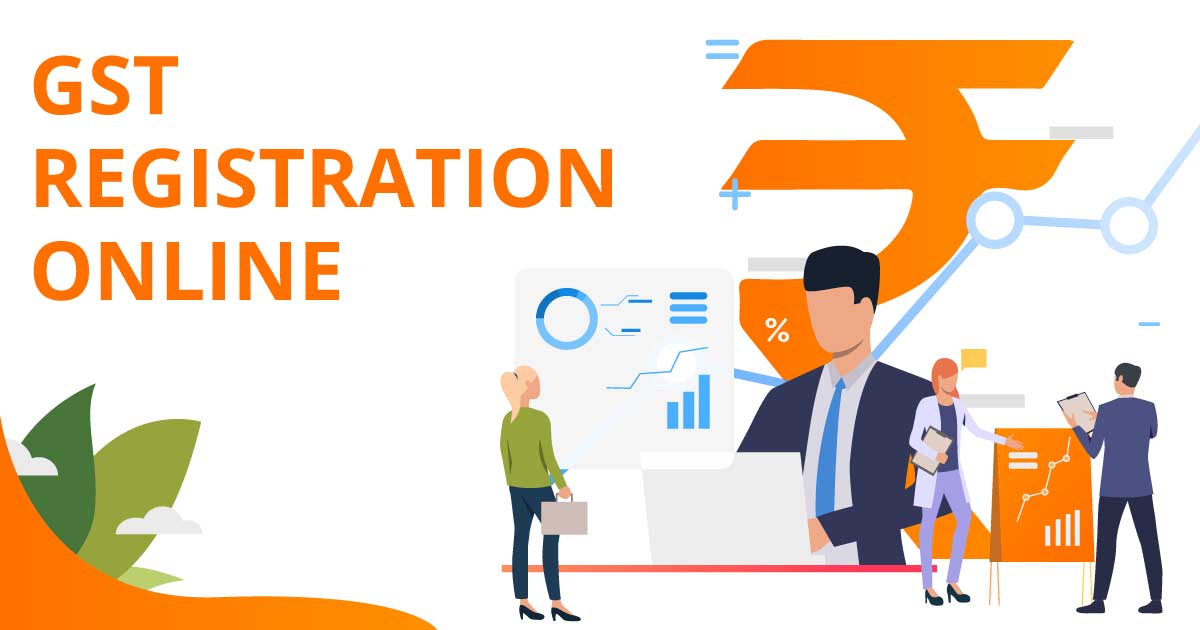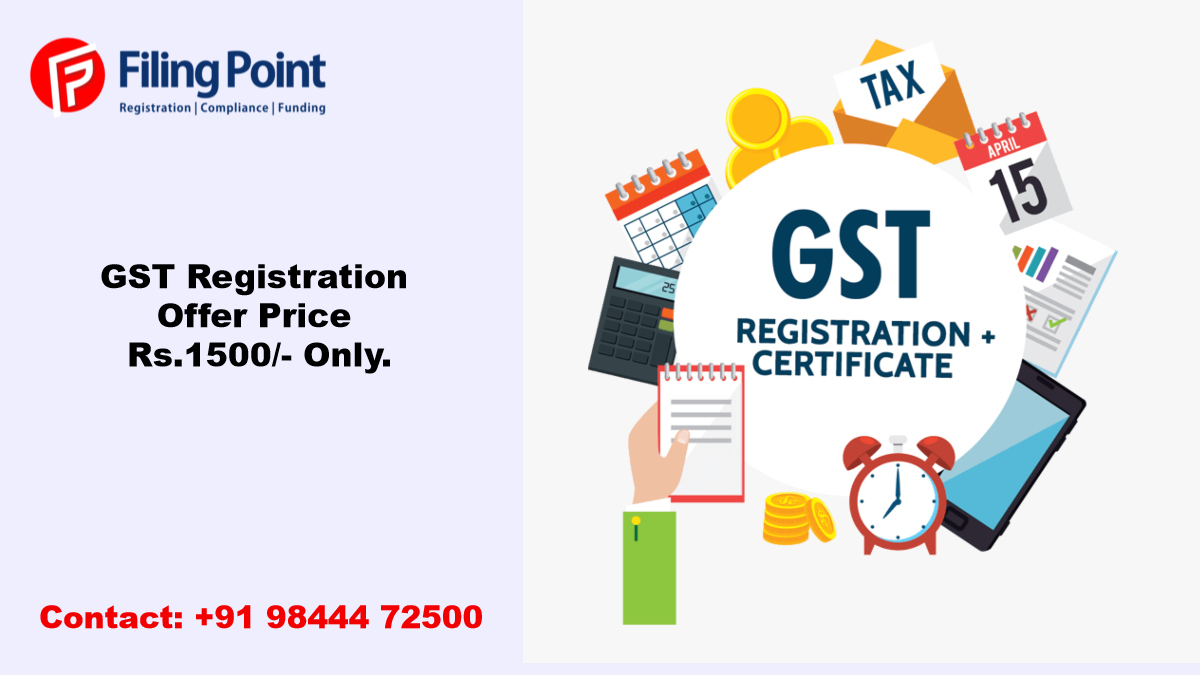From Beginning To End: The Ultimate Roadmap to GST Enrollment for Services Seeking Financial Security
Browsing the intricacies of Item and Services Tax (GST) registration is a crucial step for companies aiming for financial stability. Breaking down the roadmap into manageable steps can simplify the enrollment trip for services looking to boost their monetary standing.
Understanding GST Basics
Digging into the fundamental concepts of Item and Solutions Tax Obligation (GST) is necessary for getting a comprehensive understanding of its effects on companies and the economic situation. Input Tax Obligation Credit Report (ITC) is a significant function of GST, enabling businesses to declare credit report for tax obligations paid on inputs, lowering the total tax obligation burden. Comprehending the basics of GST is essential for businesses to comply with tax laws, manage their financial resources effectively, and contribute to the nation's financial development by participating in a transparent tax obligation system.
Qualification Standards for Registration
To register for GST, services have to meet certain eligibility requirements established by the federal government. The main eligibility need is that any service associated with the supply of goods or solutions with an annual aggregate turnover above the threshold limitation set by the authorities have to sign up for GST. As of the current laws, the threshold restriction for GST registration is an annual accumulation turn over of 40 lakhs for businesses operating within a state, besides special group states where the limit is 20 lakhs. Additionally, particular organizations are required to register for GST irrespective of their turn over, such as interstate suppliers, casual taxable persons, and companies accountable to pay tax obligation under the reverse cost mechanism. It is crucial for organizations to thoroughly assess their turn over and purchase kinds to determine their GST registration commitments precisely. Failure to sign up for GST when eligible can lead to charges and lawful consequences, making it crucial for services to abide by the specified eligibility criteria.
Records Required for Registration
Having actually satisfied the eligibility requirements for GST registration, companies should now ensure they have the requisite files in place to continue with the enrollment process successfully. The papers required for GST enrollment commonly include evidence of company constitution, such as partnership action, registration certificate, or incorporation certificate for various types of organizations. Additionally, companies require to offer records establishing the primary area of company, such as a rental arrangement or electrical power costs.
Step-by-Step Registration Process
Starting the GST registration process entails a series of organized steps to guarantee a seamless and compliant enrollment for businesses. The very first action is to visit the GST portal and submit the registration form with precise information of business entity. Following this, the applicant gets a Short-lived Reference Number (TRN) which is used to resume the application procedure if it's not finished in one go.
Following, all required records as per the list given by the GST portal demand to be uploaded. These files commonly consist of evidence of organization identity, address and enrollment evidence of marketers, financial declarations, and service entity's PAN card.

Post-Registration Compliance Guidelines

Final Thought
In verdict, services seeking financial stability has to recognize the essentials of GST, satisfy eligibility criteria, collect needed files, follow the step-by-step enrollment procedure, and abide by post-registration standards - Best GST registration services in Singapore. By sticking to these actions, services can make sure conformity with tax policies and maintain financial security over time
In addition, specific organizations are required to sign up for GST irrespective of their turn over, such as interstate providers, casual taxable individuals, and companies accountable to pay tax under her response the reverse charge system.Having actually satisfied the eligibility requirements for GST enrollment, services need to now guarantee they have the requisite documents in location to proceed with the enrollment process successfully. The papers needed for GST registration generally consist of evidence of company constitution, such as partnership action, enrollment certification, or consolidation certificate for various types of services. Additionally, services require to offer records establishing the primary area of company, such as a rental agreement or electrical power expense.Beginning the GST registration procedure includes a collection of structured steps to ensure a certified and smooth enrollment for companies.